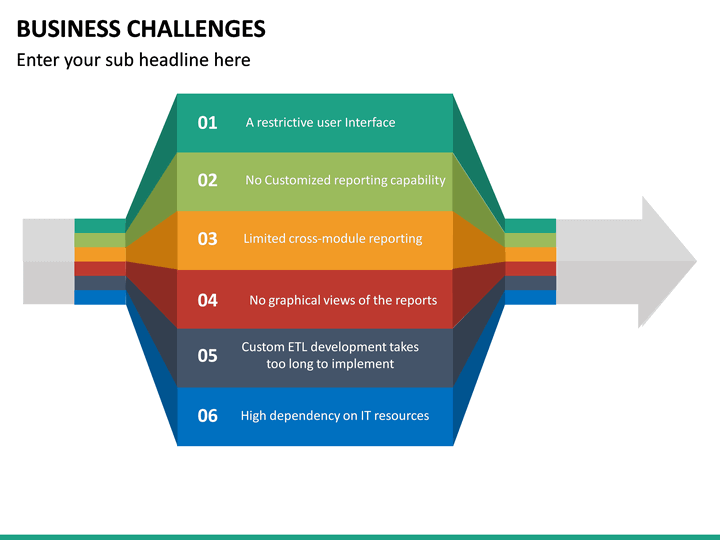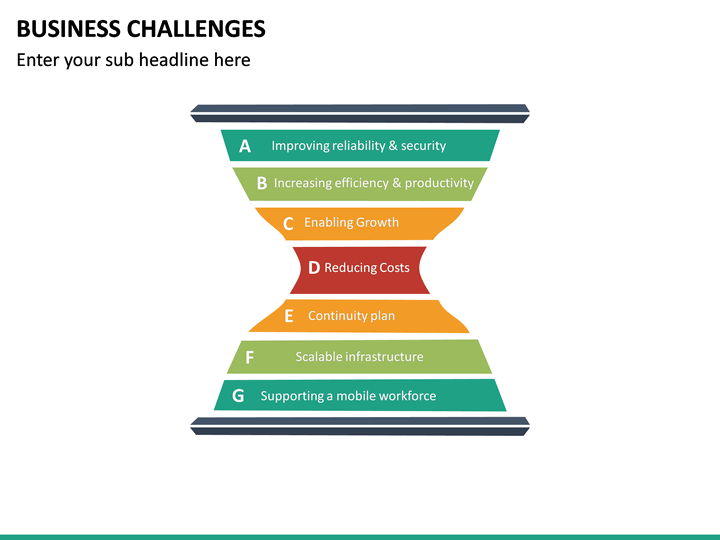
Within the first few years of business, a whirlwind of new responsibilities can steal your attention from that of employee health, albeit unintentionally. Just as their larger counterparts are expected to indemnify workers who become ill or injured during the course of employment, so are smaller businesses. Similarly, if you are operating from a home office, be sure to check your insurance covers damage or loss to the business, as generic home insurance will not suffice. In the beginning, however, it can be tempting to skim over such costs, opting for the cheapest policy. Adequate insurance coverage can save you from loss of business, time, and money. It is essential you invest in commercial property insurance to cover the expense of a temporary move or loss or damage to your largest asset - your property. We’ve written about cybersecurity essentials for small businesses before, so definitely bookmark this for a read later. And the influx is partly down to the fact that businesses consider themselves “offline” or too small a risk for cybersecurity to be a worthwhile investment. The average financial impact of a cyber breach is around £3,100 to a business. In this case, it’s highly important to consider outsourcing this resource to - a worthwhile investment that will protect your business from one of the most disastrous threats.Ĭyber breaches can come in the form of fraudulent emails, file encryption and system infiltration, but the financial impact can be devastating. Small businesses are at an increased risk of being targeted by cybercriminals because their systems tend to have more vulnerabilities and are therefore much easier to infiltrate.īut if your business is in no way related to IT you may feel you don’t have the internal resources to manage such risks. In today’s digitally driven world, your assets are no longer limited to physical form, so a data breach has the potential to destroy or compromise vital components of your business.

Small businesses often lack even the most rudimentary cybersecurity measures, with almost half of UK businesses suffering a data breach. Here we look at some of the biggest threats to small businesses and what you can do to avoid them.

Preparing for and protecting your business from inevitable threats and risks should be a priority. Small businesses are at an exceptionally high risk of failure - and that’s not down to workers’ or employer’s inadequacies, but rather, down to small oversights when it comes to preventive behaviours. It’s a misguided perception that only large businesses need to carry out risk assessments and invest in hefty insurance coverage. While some do possess the drive and the discipline to make it happen, so many small businesses fail to make it past the first five years. Launching a business and being your own boss is the ambition of many. Entrepreneurship is indeed a rewarding path.


 0 kommentar(er)
0 kommentar(er)
